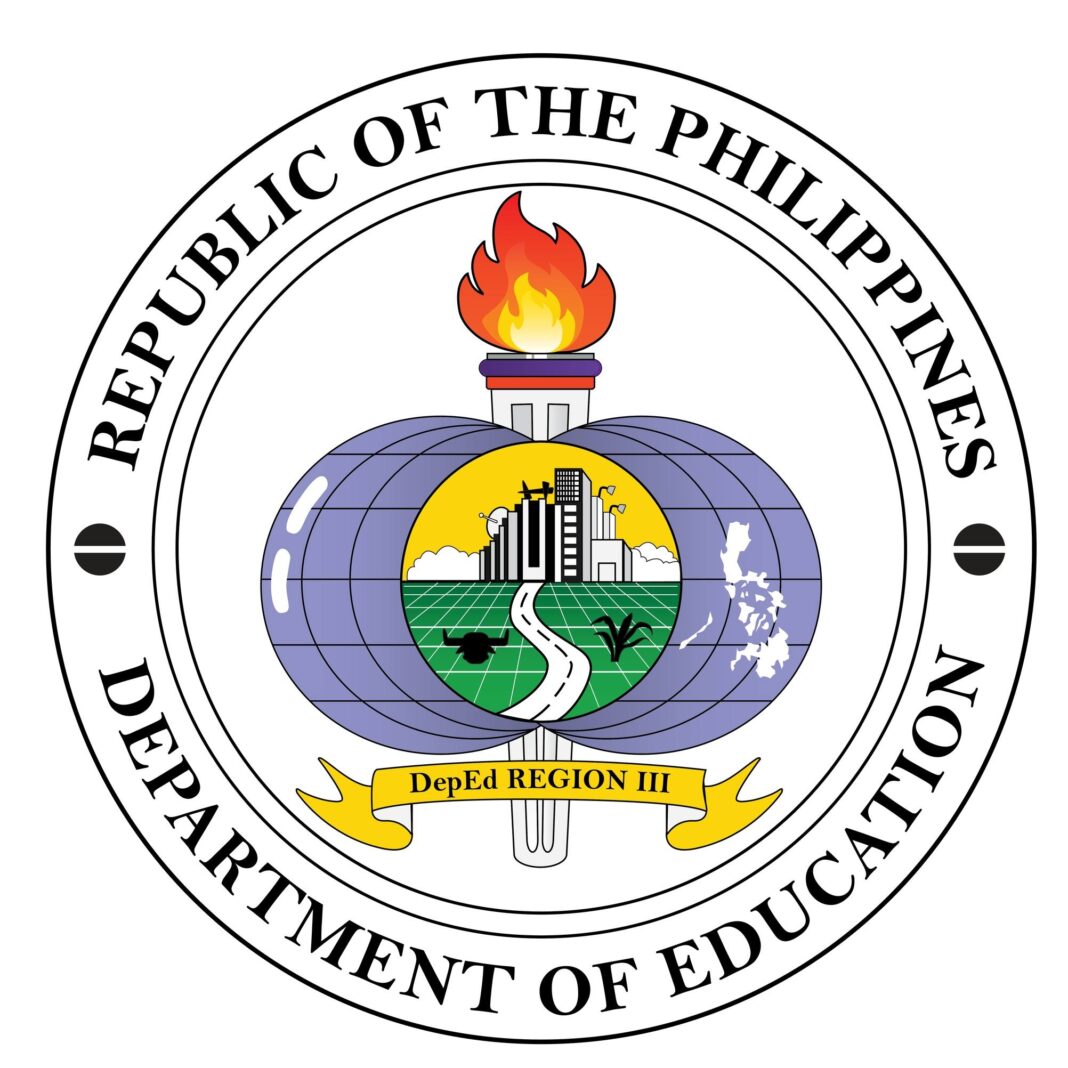Michelle Lacson
The Department of Education Regional Office III, through the Human Resource Development Division (HRDD) and the Curriculum and Learning Management Division (CLMD) will commence the series of training for the phased implementation of the MATATAG Curriculum this month.
Following the Regional Implementation Plan for the Training on the MATATAG Curriculum for Kindergarten, Grade 1, Grade 4, & Grade 7, the Regional Training of Trainers (RTOT) of Division Trainers and School Leaders on the MATATAG Curriculum will be conducted in two batches on April 15-19 and April 29 – May 3.
“The RTOT aims to demonstrate knowledge and skills on unpacking/merging/clustering competencies per grade level and learning area; integrate 21st century skills, inclusion of principles and brain-based learning theories in teaching and learning processes; apply pedagogical approaches and assessment per learning area for effective lesson planning and simulate collaborative learning expertise; and exhibit positive/inclusive attitude towards the implementation of the MATATAG Curriculum,” explained Regional Director May B. Eclar.
The said training will prepare a total of 507 participants consisting of Curriculum and Instruction Division (CID) chiefs, senior education program specialists, education program supervisors, public schools district supervisors, selected school heads, department heads, head teachers, and master teachers for the conduct of the Division Training of School Trainers (DTOT).
A total of 5,543 participants composed of school heads, master teachers, and/or head teachers are expected to attend the DTOT and consequently lead the school-based training to be attended by 28,312 teachers before the beginning of the School Year 2024-2025 on July 29.
“We assure our teachers that we have reminded all the Schools Division Office (SDO) officials that the schedule of the school-based training must not be done within their 30-day vacation from June 1-30,” added RD Eclar.
The MATATAG Curriculum aims to reduce the number of competencies and to focus more on the development of foundational skills, literacy, numeracy, and socio-emotional skills of Kindergarten to Grade 3 learners, thus, decongesting the present K to 12 curriculums.
The recalibrated K to 10 curriculums, which will emphasize five important skills: language, reading and literacy, mathematics, makabansa, and good manners and right conduct, will be implemented in the following phases: SY 2024-2025 – Kindergarten, Grades 1, 4, and 7; SY 2025-2026 – Grades 2, 5, and 8; SY 2026-2027 – Grades 3, 6, and 9; and SY 2027-2028 – Grade 10.







